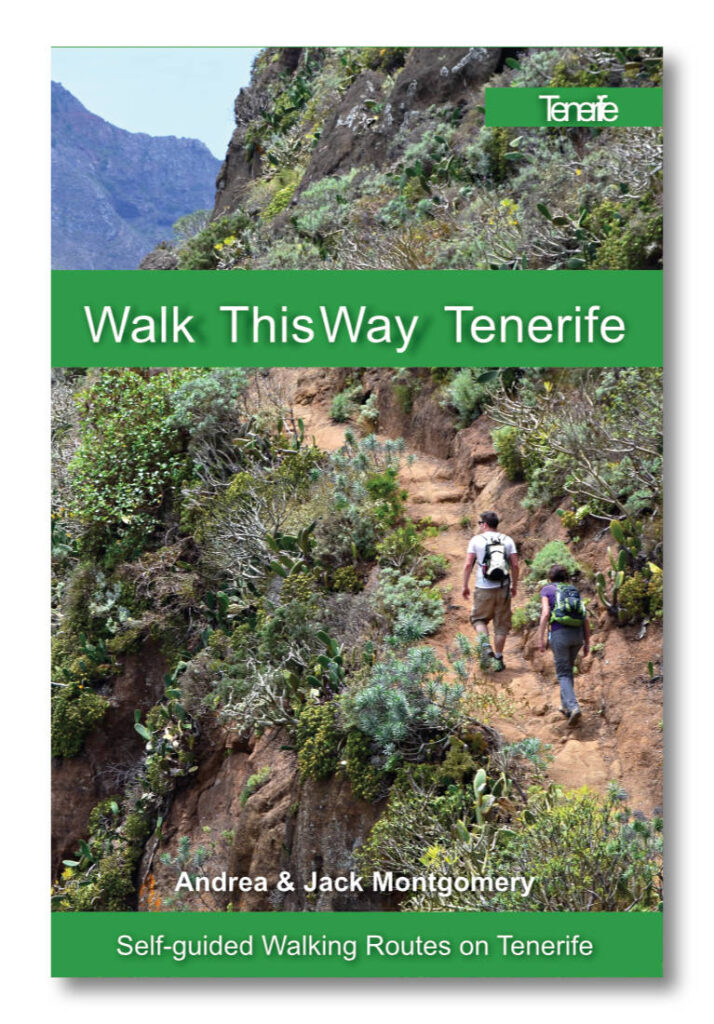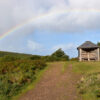Tenerife is so much better than snobs make out – so started a travel article in a UK tabloid. As I read it, I wondered who was the travel snob of the piece, and where the author of the article placed themselves in the travel-types spectrum as they seemed to have a go at holidaymakers who didn’t leave their resorts as well as those who were embarrassed to admit they were visiting Tenerife.
What constitutes a travel snob?
It doesn’t fit into a neat category. I can think of travellers who seek authentic experiences who are travel snobs; holidaymakers who prefer fly and flop holidays in purpose-built resorts who are travel snobs; and those in-betweeners who say they want to have authentic experiences when they travel, but who really don’t, who are travel snobs.
The Canary Islands are ideal for illustrating several examples of travel snobbery. They’re known best for mass sun-seeking tourism, but they’re also great for immersive and activity travel.
Travel snobbery in travel writing
The tabloid article stated, ‘As any self-respecting snob may well testify, a trip to Tenerife sounds so much better when rebadged as a holiday in the Canaries.’ In that respect, the paper is right(ish). There are levels of travel snobbery relating to perceptions of the Canary Islands on an individual basis and as a whole. Interestingly, the view within the Canaries of which islands offer the most authentic experiences doesn’t necessarily match that of British travellers or some in the UK media.
For years, Tenerife was defined purely by its mass tourism market – a place of fun in the sun with British food and nightlife. So much so, we dismissed it as a potential destination to visit. What we saw passing through on our way to visit a friend in La Gomera didn’t really challenge this view. Yet we ended up living there for fourteen years after discovering reality and travel articles can often exist in parallel universes, an enlightening lesson.
When Andy got a gig writing for a new and, at the time, innovative travel website which used travel writers’ specialist knowledge to promote destinations, she found the approach was to push the ‘sexy’ locations first rather than the most popular ones, meaning the Canary Island webpages were shunted to the back of the queue. Obscure spots in far flung places were given priority over those that attracted the most interest. The editor responsible had a background in print travel writing and no experience of online strategies, so didn’t understand that for the website to be successful, it needed to attract a high number of users. His approach was the same as if he were editing the travel section of his newspaper. Nobody else was doing anything similar at that time, and the website had the potential to be hugely successful, but travel snobbery got in the way and the enterprise fizzled out.
Travel articles about La Gomera look down their noses at what is invariably referred to as the island’s ‘brash’ neighbour, Tenerife. In most cases, the authors of these pieces stay at a large resort hotel in the south of La Gomera. It’s an excellent hotel, but it’s hardly ‘going authentic,’ so anyone staying there is being a tad hypocritical when crowing about experiencing the ‘real’ Canary Islands.
This type of travel snobbery turns up regularly in travel articles, and that snobbery can transfer to the people who read them. This manifests itself in layers. For example, travellers to Madeira think they’re having more authentic experiences than people who choose the Canaries. Some people who visit La Gomera consider themselves more discerning travellers than those who stay on Tenerife. Holidaymakers who head for the luxury hotels of south west of Tenerife might view themselves to be above those who hit the beaches in Playa de las Américas, and so on.
Sometimes, there is a valid point to be made, but often it’s a case of misinformed perception combined with travel snobbery rather than an accurate reflection of differing destinations.
Experiences of travel snobbery
My jaw dropped listening to a woman outside a municipal office in the small resort of Playa de la Arena in the south west of Tenerife as she moaned on the phone she was going to have to mingle with the tourists in the south that afternoon. Presumably, the tourists who made up the majority of people in the resort she lived didn’t count as real tourists. She then proceeded to speak English to the Spanish-speaking official behind the counter. Why she considered herself superior to tourists is a mystery.
Then there was the couple in tropical gardens in Agaete on Gran Canaria who were so horrified to discover another British person in the same off-the-beaten-track place they couldn’t even bring themselves to say thanks when, seeing them struggle with info boards in Spanish, I handed them the only leaflet in English. There are travellers who are furious if they encounter other tourists of the same nationality in their favourite ‘secret’ spots, as though it corrupts even though, ironically, their presence apparently doesn’t.
Another example involved a couple who imposed themselves on us at a restaurant close to where we lived on Tenerife. They boasted about how much they liked to immerse themselves – try the local food and wine – everywhere they went. We were in an Italian restaurant, the wine they were drinking was from mainland Spain even though this was in a valley with numerous vineyards, they were staying in a luxury hotel, and they’d brought their own jar of instant coffee.
All of the examples involve travel snobs of one sort or another. I wasn’t impressed by any of them, because I’m in the category of travel snob who has an aversion to bullshit.

















